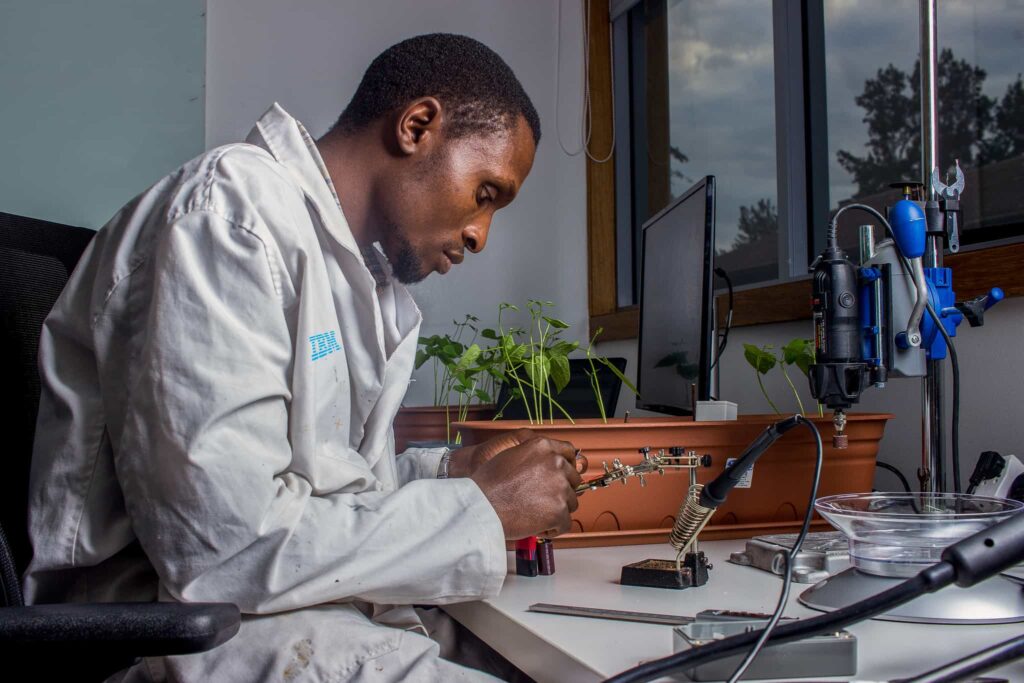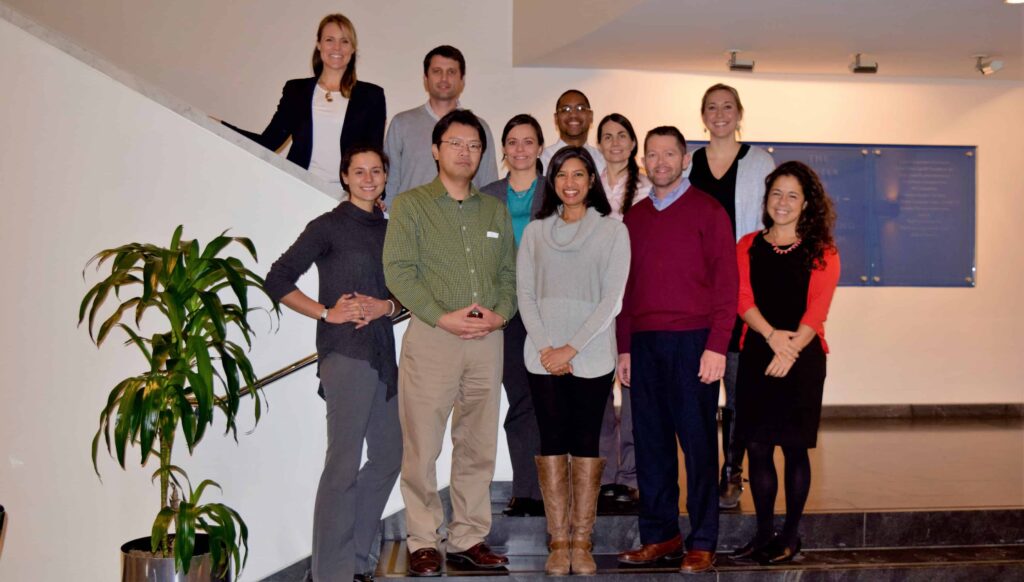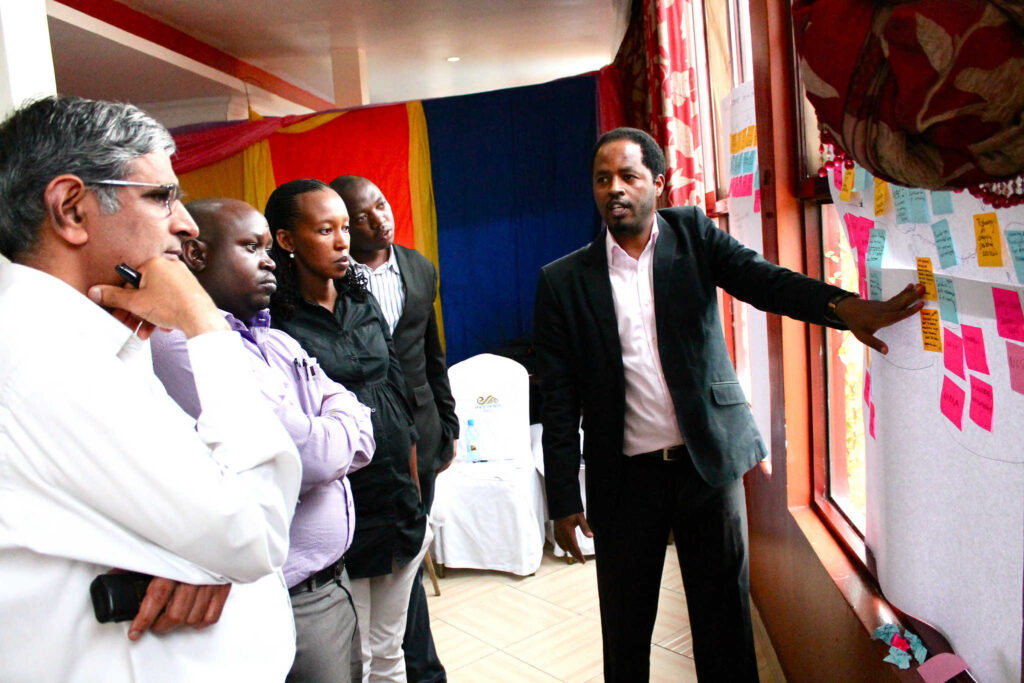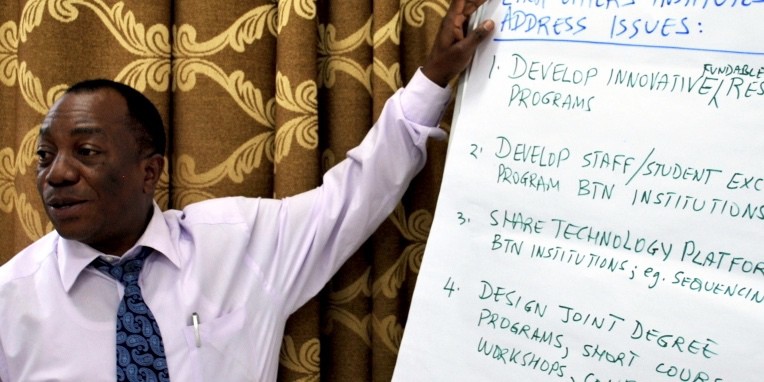How might we empower the World Bank and its staff to unlock transformational progress on climate change?
Enabling the World Bank to drive the transition to a sustainable future.
Challenge
The World Bank plays a critical role in supporting countries worldwide in reducing poverty and promoting shared prosperity that aligns with broader social and environmental objectives, like the mitigation of and adaptation to climate change. While many countries have come to the World Bank for support in implementing their Paris Agreement commitments, there is a growing recognition that the long-term objective to limit climate change to 2°C of warming will not be met through the current commitments. Deep economic transformations are required to drive progress toward a decarbonized and resilient economy. The World Bank engaged GKI in a partnership to uncover opportunities to unlock transformational change across the sectors it operates in and to develop innovative solutions for how the World Bank can engage the countries it works with to promote a 2°C future.
Solution
To address this challenge Global Knowledge Initiative (GKI) and the World Bank charted a course to engage experts from across eleven of the World Bank’s practice areas in a visioning process using Foresight. Foresight is a discipline used to understand long-term changes and create anticipatory and adaptive strategies for the future. GKI used a combination of research methods and consultative workshops to help World Bank staff think more deeply about long-term trends and envision what a sustainable, resilient future might look like. More than 100 World Bank staff were engaged in this process to consider the challenges of the present and the possibilities of the future and to develop innovative ideas for changing how the World Bank does business.
GKI guided World Bank staff to develop hundreds of unique ideas for embedding decarbonization and resilience in its operations. This co-creation process enlisted the buy-in of experts from across these sectors, helping to build a coalition of support for climate progress within the institution. Stepping back and looking at the ideas that emerged in this process, the World Bank Climate Change unit and GKI identified three strategic directions for the World Bank to pursue to drive transformational change. The World Bank promoted these new directions in its publication, Outlook 2050 Strategic Directions Note: Supporting Countries to Meet Long-Term Goals of Decarbonization.
Results / Outcomes
- Conducted STEEP Analyses and authored Future Briefs for six sectors, Agriculture, Energy, Environment, Transport, Urban, and Water, which outline 100+ critical trends and technologies with the potential to influence climate outcomes.
- Engaged 100+ World Bank stakeholders from 12 practice areas (Agriculture, Climate Change, Digital Development, Energy, Environment, Finance, Governance, Macroeconomics, Poverty, Transport, Urban, and Water) to envision a future in which the goals of net decarbonization and resilience have been met.
- Developed 100+ unique ideas for how the World Bank can improve its approach to addressing climate change.
- Identified 3 Strategic Directions for the World Bank to drive progress on climate change through its business practices.




